In a tragic incident that has sent shockwaves throughout Iran and the international community, Iranian President Ebrahim Raisi was killed in a helicopter crash. The crash, which also claimed the lives of several other high-ranking officials, has plunged the nation into mourning and elicited condolences from around the globe, including from the United States.
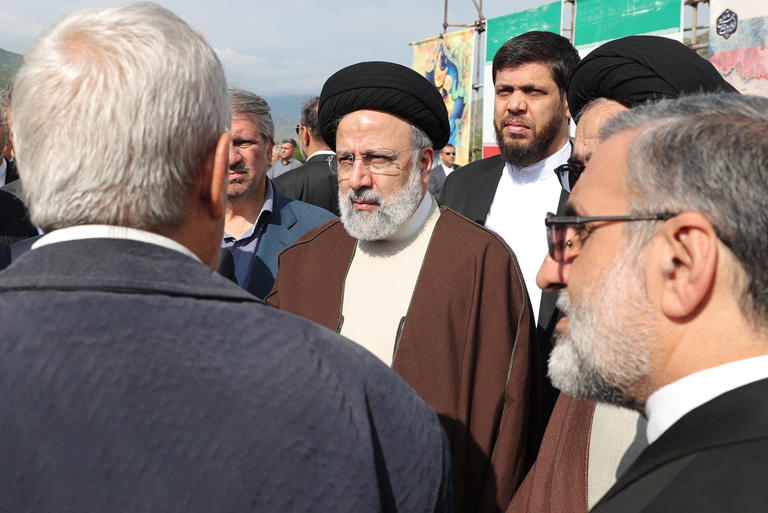
The Incident
The helicopter carrying President Raisi and other senior officials was on a routine domestic mission when it crashed in a remote mountainous region of Iran. Preliminary reports suggest that the helicopter encountered severe mechanical issues shortly before the crash, although the exact cause remains under investigation. Iranian aviation authorities, alongside military experts, have launched a comprehensive inquiry to determine the precise factors that led to this tragic accident.
Eyewitnesses described the harrowing scene as the helicopter struggled to maintain altitude before plummeting to the ground and bursting into flames. Rescue teams were dispatched immediately but, upon arrival, confirmed there were no survivors. The bodies of the deceased, including President Raisi, were recovered and transported to Tehran for formal identification and state funeral preparations.
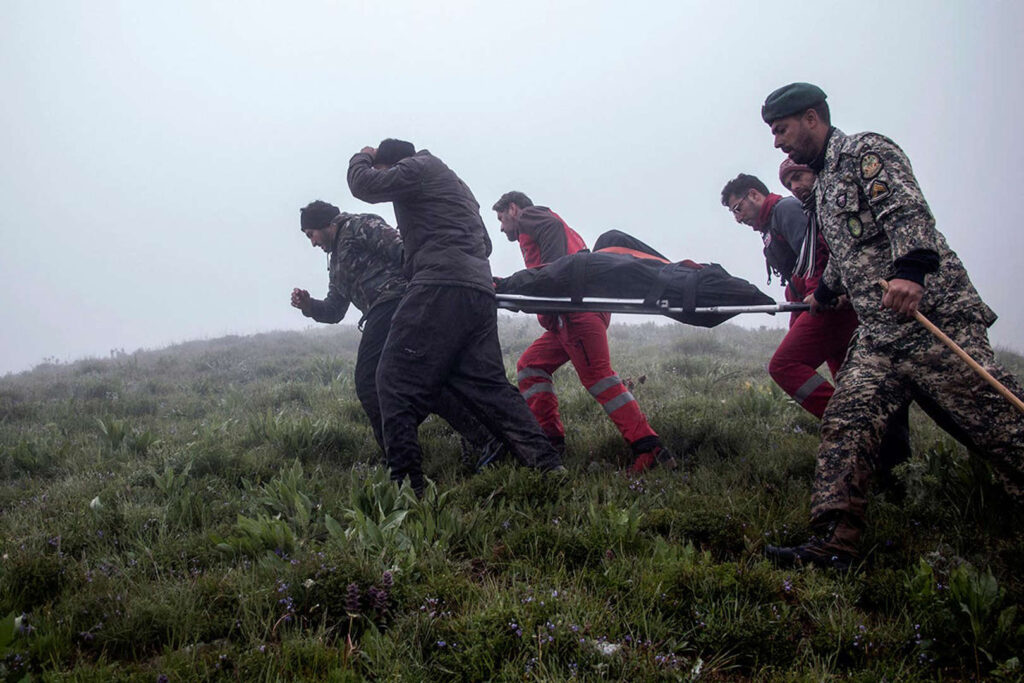
National Mourning
The death of President Raisi has left a profound impact on the Iranian populace. As news of the crash spread, spontaneous vigils and memorials sprang up across the nation. In Tehran, thousands gathered to light candles and offer prayers for the deceased leader and his entourage. The Iranian government has declared a period of national mourning, with flags flown at half-mast and all official functions suspended.
Ayatollah Ali Khamenei, Iran’s Supreme Leader, expressed his deep sorrow over the loss of Raisi, calling him a dedicated servant of the nation who died a martyr in the line of duty. Khamenei’s message emphasized the need for national unity during this period of grief and transition. He urged the Iranian people to remain steadfast and resilient, honoring Raisi’s memory by continuing his work.
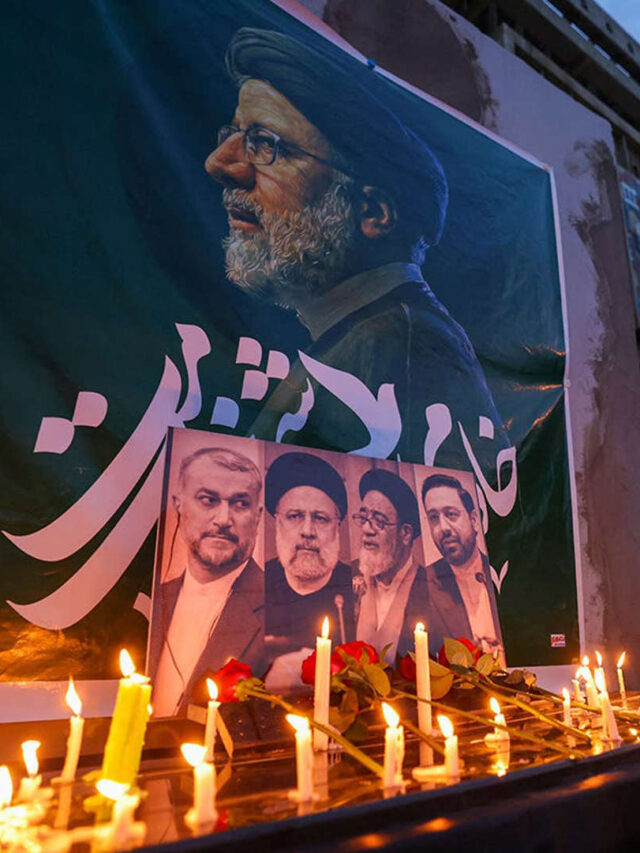
Ebrahim Raisi’s Legacy
Ebrahim Raisi, who assumed the presidency in August 2021, was a significant figure in Iran’s political landscape. Known for his conservative views and firm stance on domestic and foreign policies, Raisi’s presidency marked a period of assertive political and economic strategies aimed at strengthening Iran’s position on the global stage. His administration was characterized by efforts to bolster the national economy, combat corruption, and resist Western influence.
Raisi’s background as a former judiciary chief played a crucial role in shaping his policies. He was seen as a protector of Islamic values and a proponent of Iran’s sovereignty against external pressures, particularly from the United States and its allies. Under his leadership, Iran continued to navigate the complexities of the Joint Comprehensive Plan of Action (JCPOA), commonly known as the Iran nuclear deal, while striving for greater economic independence through regional alliances.
Despite his controversial methods, which included strict enforcement of social norms and suppression of dissent, Raisi enjoyed substantial support among segments of the Iranian populace who valued his commitment to Islamic principles and nationalistic rhetoric.
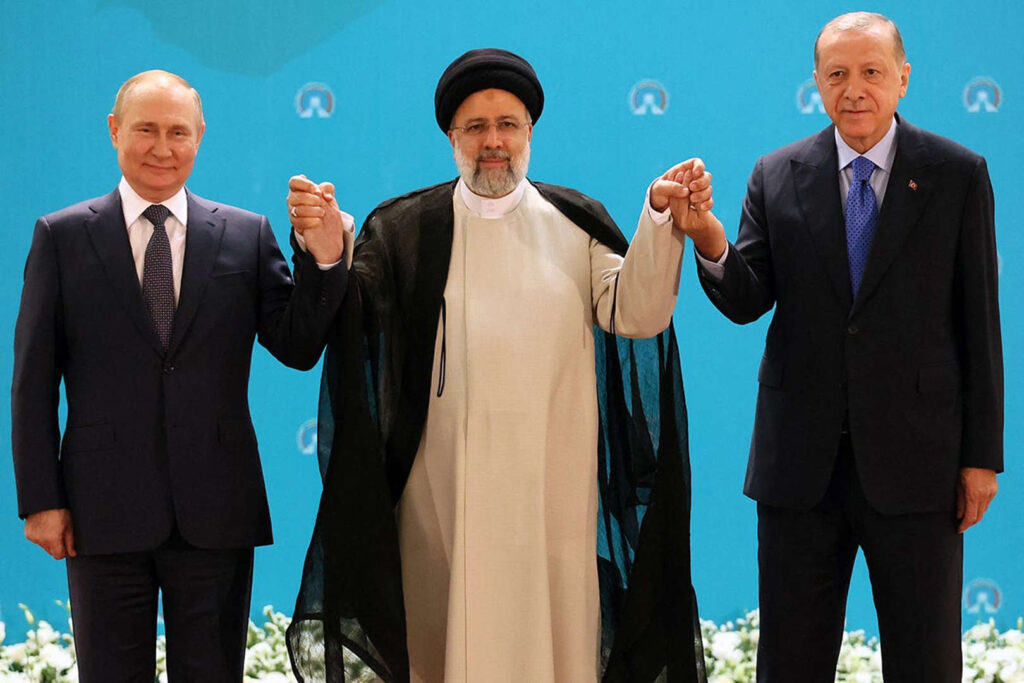
International Reactions
The international response to Raisi’s death has been swift and significant. US President Joe Biden extended his condolences to the Iranian people, recognizing the human tragedy of the situation. In a formal statement, Biden expressed sympathy for the families of those lost and conveyed his hope for stability in Iran during this difficult time.
The US response is particularly noteworthy given the strained relations between the two nations. Although the United States and Iran have been at odds over numerous issues, including Iran’s nuclear program and regional activities, the offer of condolences underscores a moment of humanitarian solidarity transcending political differences.
Other global leaders have also offered their condolences. Russian President Vladimir Putin and Chinese President Xi Jinping, both of whom had maintained robust diplomatic relations with Raisi’s administration, expressed their sorrow and highlighted Raisi’s contributions to regional stability and bilateral cooperation. European leaders, including those from the UK, France, and Germany, also conveyed their sympathies, underscoring the broader geopolitical implications of Raisi’s demise.
Immediate Impact and Succession
The sudden death of President Raisi has created a vacuum in Iran’s leadership at a critical juncture. According to the Iranian constitution, the First Vice President is to assume the duties of the president in the event of the president’s incapacitation or death. Mohammad Mokhber, the current First Vice President, is expected to serve as acting president until new elections can be held.
This transition period will be crucial for Iran as it seeks to maintain stability and continuity in governance. Raisi’s death also opens questions about the future direction of Iranian policies, both domestically and internationally. With ongoing negotiations related to the JCPOA, the new leadership will have to navigate these complex waters carefully to preserve Iran’s interests.
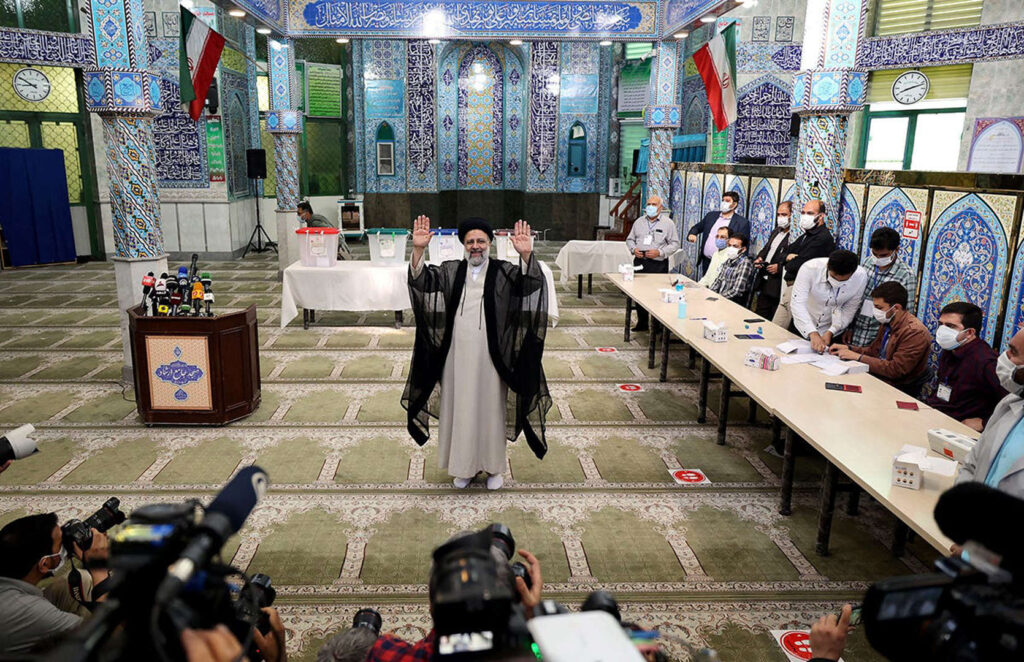
Investigation and Speculation
Iranian authorities have vowed a thorough and transparent investigation into the helicopter crash. The Aviation Organization of Iran, along with military and intelligence units, is conducting a detailed examination to determine whether the crash resulted from mechanical failure, human error, or any other factors.
Given the high-profile nature of the victims, there is inevitable speculation about possible foul play. However, officials have cautioned against jumping to conclusions and have called for patience as the investigation unfolds. The final report, expected in the coming weeks, will be crucial in providing closure and understanding the precise circumstances of the tragedy.
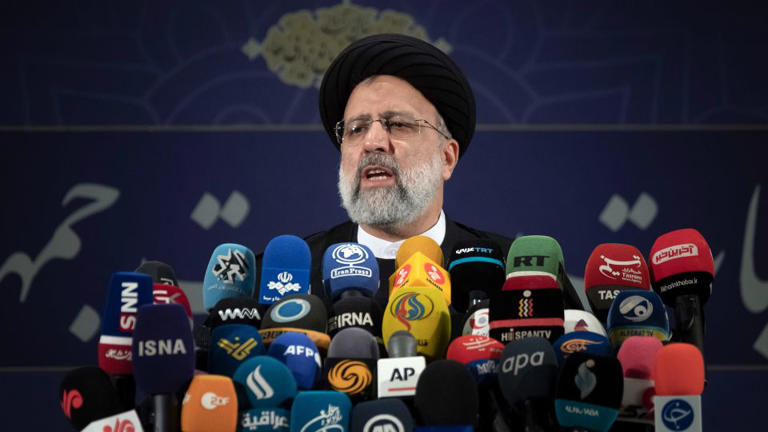
Long-Term Implications
The death of President Raisi will have far-reaching implications for Iran’s political landscape and its interactions on the global stage. His tenure, though relatively short, set a course for Iran that now faces potential redirection under new leadership. The immediate challenge will be ensuring a smooth transition while maintaining the policy trajectories initiated by Raisi.
For the international community, Raisi’s death could either open new avenues for dialogue or further complicate existing tensions, particularly with the United States. The offer of condolences from the US signals a potential for diplomatic overtures, though much will depend on the policies and attitudes of Raisi’s successor.
Conclusion
The tragic death of Iranian President Ebrahim Raisi marks a somber moment in Iran’s history. As the nation mourns the loss of its leader, the future remains uncertain. The international community watches closely, offering condolences and preparing for potential shifts in Iran’s political and diplomatic posture. Amidst the grief and uncertainty, Iran must navigate this challenging period with resilience and unity to honor the legacy of its fallen president and ensure a stable and prosperous future.



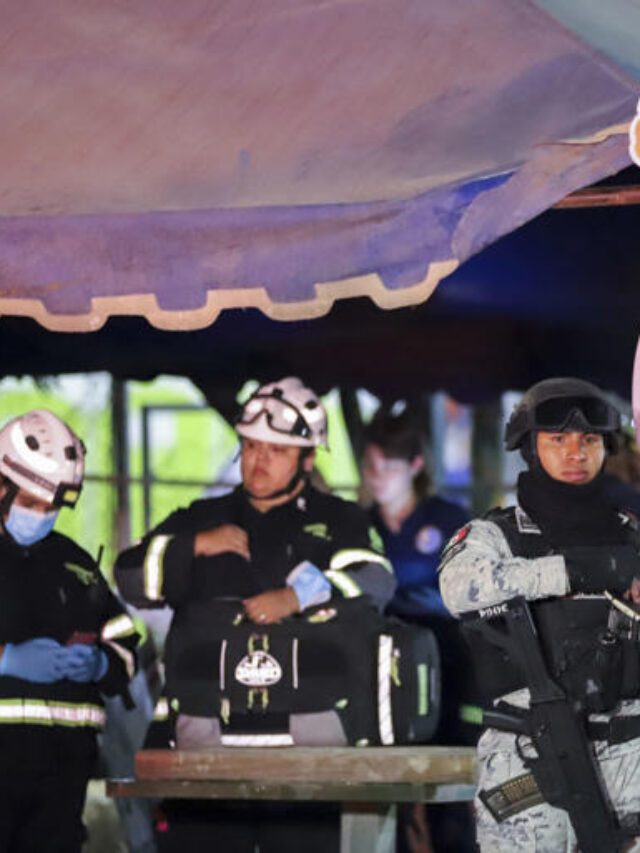
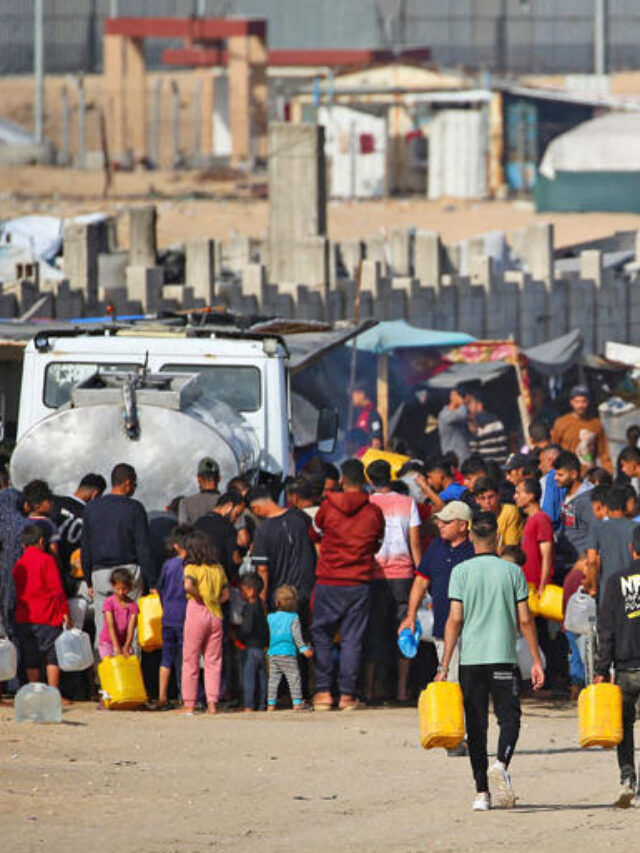






Капельница от запоя — это один из методов борьбы с алкогольной зависимостью, который позволяет быстро избавить организм от токсинов и алкоголя.
https://narmedicyna.ru/kak-proishodit-vyvedenie-iz-zapoya/